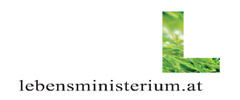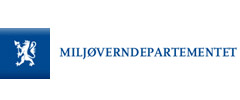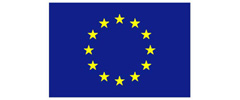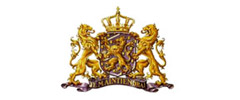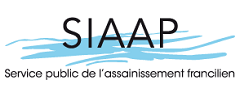"Sustainable Development in Ukraine"
MAMA-86 Ukraine organized open dialogue between Government, Industry and Civil Society
26.09.2006 |Anna Golubovska MAMA-86
Workshop 3:
“Civil society participation, national environmental policy planning and implementation”
Wednesday, 20 September
09.30 Introduction to the workshop – facilitator Anna Golubovska-Onisimova.
09.40 Global and European perspectives
- International formats of NGOs participation in the process of decision-making on environmental matters, tba
- Local commitments in an international context, Silvia Hesse, Head Agenda 21-Bureau office of the Lord Mayor, City of Hannover, Germany
- Business environmental responsibility, Jens Rupp, senior communication manager, Coca-cola HBC.
10.25 Government – NGOs – Enterprises: Connections in modern Ukraine-1
- Aarhus convention implementation in Ukraine, Tatiana Tymochko, Director Aarhus Center, Kyiv, Ukraine
- Public rating approach to influence business performance, Olya Melen, coordinator EPL, Lviv, Ukraine
- Local environmental planning and public participation, Olena Levitska, Head, “Afalina”, Mariupol, Ukraine
11.30 Government – NGOs – Enterprises: Connections in modern Ukraine-2
5 Public participation case studies from NGOs
- Danube channel, Olexiy Vedmidsky (Deputy head, EG “Pechenegy”, Kharkiv)
- Energy strategy of Ukraine, Anna Golubovska-Onisimova ( “MAMA-86”, Kyiv)
- HAES projects, Viktor Melnichuk (Executive Director, NECU, Kyiv)
- Environmental compliance and information, Volodymir Berezin (Head, Bakhmat, Donetsk region)
- “Donuzlav port”, Andriy Artov (Executive Director, “Ecologia I Mir”, Crimea)
12.20 Questions and Answers
12.50 Preparation for the working groups
13.00 Lunch.
14.00 – 17.00 Discussion in the working groups
Main question: how to improve the effectiveness of environmental policy in Ukraine?
5 blocks of questions to discuss and to elaborate the recommendations (up to 30 min each)
1. Civil society role in planning and implementation of strategies to achieve the MDG-3 (environmental sustainability)
1. How the recommendations of Chapter 27 of the Agenda 21 (“Strengthening the Role of Non-Governmental Organizations: Partners for Sustainable Development”).
1. Environmental NGOs as effective representatives of Civil Society. Recommendations of NGOs for NGOs themselves.
1. Partnership: Government – Industry – NGOs. What are their significant roles? Who should do what in order to create partnerships? What is the MM role in this process? When the partnership is not possible?
1. Current environmental situation and performance in Ukraine: which decisions should be taken and in what order at the national and local policy levels? Which should be priority actions for Industry?














